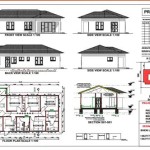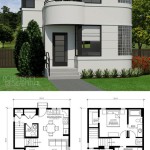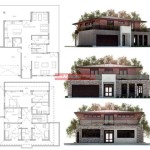Seating Plan of the House of Representatives Chamber, 44th Parliament
The House of Representatives Chamber is the primary meeting place for the lower house of the Australian Parliament. The chamber has a unique and carefully designed seating plan that reflects the parliamentary process and the roles of different members.
Front Bench
The front bench is the row of seats directly in front of the Speaker's Chair. It is occupied by the Prime Minister and their senior ministers, as well as the Leader of the Opposition and their shadow ministers. The front bench is a symbol of the government and opposition, and it is where important speeches and debates take place.
Government Side
The government side of the chamber is located to the Speaker's left. It is where members of the governing party or parties sit. The Prime Minister and their ministers occupy the front bench, while other government members sit behind them according to their seniority and responsibilities.
Opposition Side
The opposition side of the chamber is located to the Speaker's right. It is where members of the opposition party or parties sit. The Leader of the Opposition and their shadow ministers occupy the front bench, while other opposition members sit behind them according to their seniority and responsibilities.
Crossbench
The crossbench is a row of seats located in the center of the chamber, between the government and opposition sides. It is occupied by independent members and members of minor parties. Crossbench members are not aligned with either the government or the opposition, and they can play a significant role in shaping parliamentary debates and outcomes.
The Speaker
The Speaker of the House of Representatives presides over the chamber and ensures that parliamentary proceedings are conducted in an orderly and respectful manner. The Speaker sits in a chair at the front of the chamber and has a direct view of all members.
Other Features
In addition to the main seating areas, the chamber also includes several other features:
- The table of the House, where the Clerk of the House and other officials sit
- The despatch box, where members stand to address the chamber
- The strangers' gallery, where visitors can observe proceedings
- The press gallery, where journalists sit and report on debates
Conclusion
The seating plan of the House of Representatives Chamber is a carefully designed reflection of the parliamentary process and the roles of different members. It provides a physical space for the government, opposition, and crossbench to interact, debate, and shape the laws and policies that govern Australia.

House Of Representatives Seating Plan Parliament

Homepage House Gov

U S Senate Seating Plans
The Capitol U S House Of Representatives C Span Org
House Of Representatives The Stage C Span Org

House Of Commons Wikipedia

Senate Of Wikipedia

House Speaker Vote Day 4 Live From U S Of Representatives
File Seating Plan Of The Chamber Deputies Tunisia Svg Wikimedia Commons
House Session Part 1 September 28 2024 C Span Org








